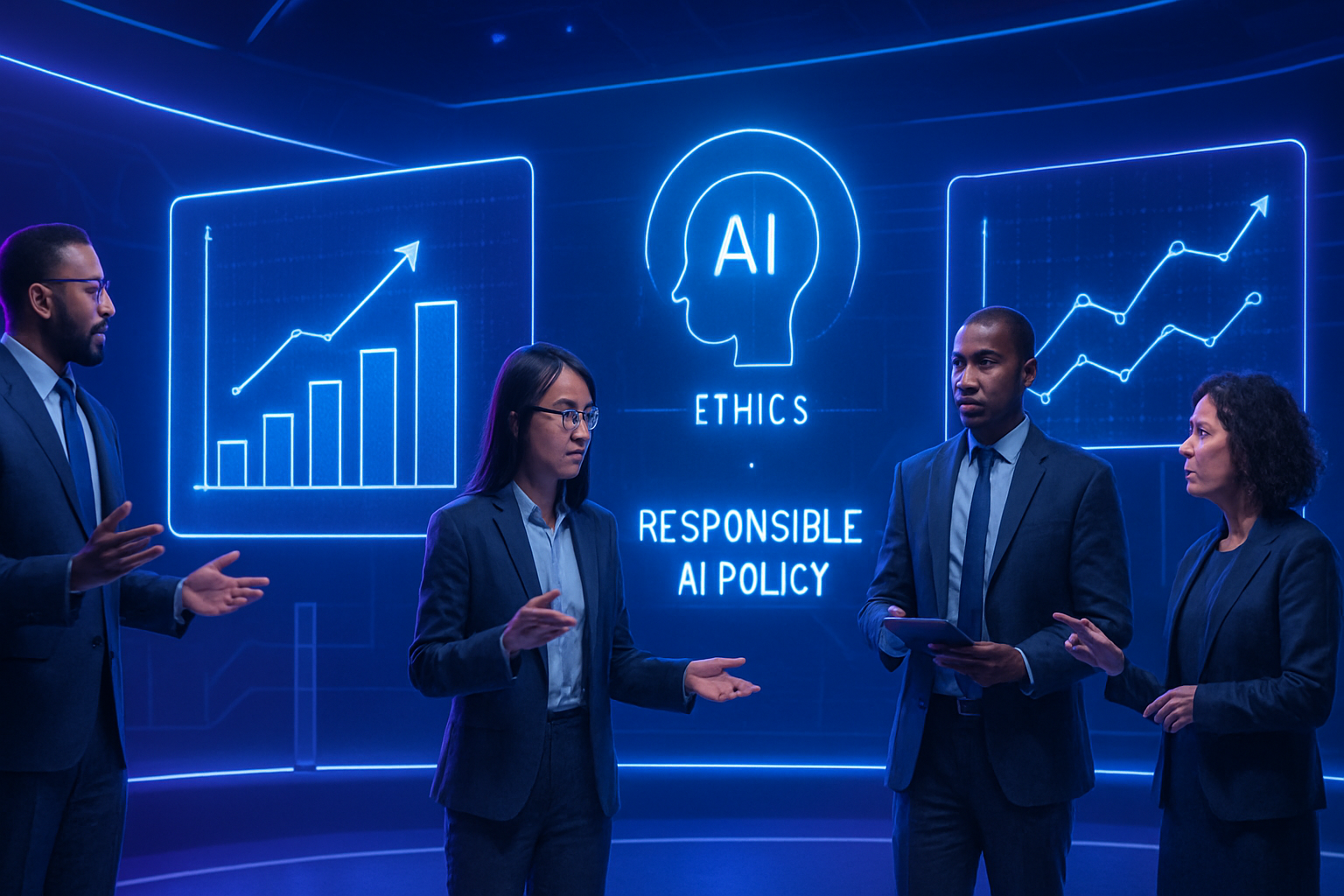Cybersecurity certifications are now essential. Aware professionals recognize the major impact of artificial intelligence skills on their advancement. In the face of a talent crisis, this reality is forcefully asserting itself. The synergy between AI and cybersecurity is redefining the professional landscape, offering unprecedented opportunities. Experts emphasize that acquiring these certifications aligns individual aspirations with market demands. Elevating one’s profile with these qualifications becomes a necessity in an environment of growing threats.
The Value of Certifications in Artificial Intelligence
A recent survey conducted by Saviynt, a provider of cloud-based identity and governance platforms, reveals the perceptions of recent graduates and early-career professionals regarding certifications. Ninety-four percent of participants believe that employers prefer to hire certified candidates. This trend underscores the increasing importance of recognized qualifications in the field of cybersecurity.
The Link Between Certifications and Career Opportunities
Among the respondents, sixty-nine percent already hold cybersecurity certifications. This data indicates not only a willingness for continuous improvement but also a proactive response to market expectations. These certifications allow professionals to navigate effectively in a constantly evolving industry and stand out against the competition.
The Benefits of Certifications in AI
AI-focused training is seen as “extremely relevant” by fifty-two percent of respondents. Certifications such as the one offered by Saviynt in its ISAA (Identity Security for the AI Age) program provide essential skills, particularly in cybersecurity and artificial intelligence. The combination of these fields proves strategic in a context of talent shortage.
Impact on Professionals’ Confidence
Nearly sixty-four percent of participants in the survey state that the ISAA certification has boosted their confidence in considering a career in identity security management. This finding highlights the fundamental role of certified training, which not only raises the skill level but also the morale of professionals in such a demanding sector.
The Importance of Accessible Education
Saviynt’s commitment to providing accessible education tailored to AI demands aims to bridge the skills gap in the industry. Data from the ISC2 report indicates that nearly sixty percent of cybersecurity professionals believe that the skills shortage significantly impacts their ability to secure their organization. Certifications like the ISAA help to close this gap.
Collaboration with Universities to Train Talent
Partnership initiatives between Saviynt and academic institutions ensure that students acquire relevant skills from the beginning of their career paths. The integration of artificial intelligence and identity security skills into educational programs ensures that future talents are ready upon entering the job market. This model promotes a future where the cybersecurity workforce will be more inclusive and resilient.
The Recruitment Challenges in the Sector
Currently, the industry is striving to overcome critical challenges related to talent shortages. The integration of artificial intelligence certifications represents a tangible response to this issue. By enhancing professionals’ skills, this training fosters a workforce capable of addressing emerging threats and effectively protecting digital infrastructures.
Conclusion on the Future of Cybersecurity Certifications
It is evident that certifications in artificial intelligence serve as a cornerstone for careers in the field of cybersecurity. As the growing need for qualified professionals persists, ongoing training and certified qualifications are taking on unprecedented significance. Certifications are evolving from mere documents to strategic assets for candidates.
Questions and Answers on the Impact of AI Certifications on Careers in Cybersecurity
Why are artificial intelligence certifications important for cybersecurity professionals?
AI certifications are crucial as they enable cybersecurity professionals to acquire advanced skills that are increasingly sought after by employers, especially in a context of talent shortages.
How can artificial intelligence certifications boost my cybersecurity career?
These certifications enhance your professional profile by validating your technical skills, making you more competitive in the job market and increasing your chances of obtaining strategic positions.
What is the role of artificial intelligence certifications in addressing the talent shortage in cybersecurity?
Certifications help fill the skills gap in cybersecurity by training professionals capable of responding to modern challenges, thus providing solutions tailored to businesses’ needs.
What types of artificial intelligence certifications are most valued in the cybersecurity field?
The most sought-after certifications include those covering topics such as machine learning, data analysis, and information systems security applied to artificial intelligence.
Do employers really prefer to hire candidates certified in artificial intelligence?
Yes, according to recent studies, the majority of employers state that they are more inclined to recruit candidates who hold recognized certifications, as this attests to their expertise and commitment to their professional development.
How can I prepare to obtain a certification in artificial intelligence for cybersecurity?
It is recommended to take specialized courses, participate in practical workshops, and familiarize yourself with the basics of artificial intelligence and cybersecurity before taking the certification exam.
What are the job prospects for those holding a certification in artificial intelligence in the cybersecurity sector?
Job prospects are very favorable, as artificial intelligence skills are increasingly integrated into cybersecurity strategies, which raises demand for certified professionals in this field.
Are artificial intelligence certifications recognized internationally?
Yes, many certifications are recognized internationally, making them a major asset if you plan to work in different countries or on a global scale.






